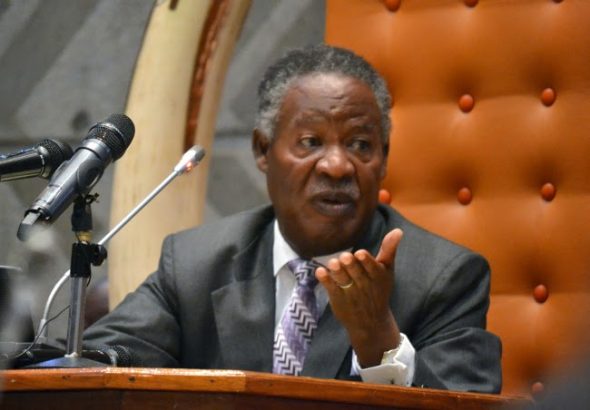
Margreth Chisulo: A victim of language policy failure!
Perhaps, our forefathers could have adopted the Tanzanian language policy model that formalised Swahili as a national language for all purposes.
By Peter Sinkamba.
Lusaka, May 5 – At the attainment of independence, most African governments, Zambia inclusive, adopted the colonisers’ foreign languages as official languages to be used in business, the judiciary, education, local government and Parliament.
Also Read: About the Special Audit Report, Tangible findings or a mere witch-hunt?
Examples of foreign languages that have dominated local languages in Africa are English, French and Portuguese.
This colonial legacy has rendered
indigenous languages in most African countries, a low variety status vis-à-vis foreign languages for a variety of reasons. The major reason being the challenges faced in the implementation of the language policies in these countries.
In Zambia, for example, there are seven vernacular languages that are used on public radio and TV, namely, Bemba, Nyanja, Lozi, Tonga, Luvale, Kaonde, and Lunda. However, none of them is recognised in the Constitution. And none is an official lunguage.
The official lunguage is English. The vernacular languages are merely tolerated in public spaces, depending on the exposure of presiding officer or moderator.
In some schools, a learner may even be punished for using a vernacular lunguage within school grounds. In parliament, if an MP uses a vernacular lunguage, he or she is obligated to interpret the same.
In South Africa, government declared 11 languages as official. Section (6) of the Constitution stipulates that all 11 official languages should enjoy equal statusrecognised eleven official languages on an equal footing.
Section 6(1) of the Constitution says that official languages of the Republic are Sepedi, Sesotho, Setswana, siSwati, Tshivenda, Xitsonga, Afrikaans, English, isiNdebele, isiXhosa, and isiZulu. To ensure that this equal treatment of official languages isimplemented, the government passed into law the Use of Official Language Act, no. 12 of 2012 which provides for the regulation and monitoring of the use of all official languages by organs of state.
Amongst other things, language policies, language institutions, and legislations were established to assist in implementing Section (6) of the Constitution.
Provincial governments have been given the task to adopt a language policy that ensure that the designated official languages are used, promoted, and developed equally.
From what transpired with Margreth Chisulo, it can be concluded that our language policy is not congruent to its implementation, and has failed to achieve its desired effects of building a One Zambia One Nation.
Also Read: Emerald can propel Zambia to first world status in a decade!
Perhaps, our forefathers could have adopted the Tanzanian language policy model that formalised Swahili as a national language for all purposes. To all intents and purposes, the Swahili model has been a resounding success.
About The Author: Mr. Peter Sinkamba is the founder and current president the Green Party. He has executed several development and planning works for international institutions including the AU, the World Bank, the IFC, the EIB, the EU Parliament, and the ADB, among several others.
About Our Advocacy: Woodpecker’s Digest is an online portal for news analyses and commentaries on topical issues of national interest and for articles on personal development and health! Journalism maintains democracy. It is a great tool for progressive social change!
©2024 Woodpecker’s Digest.
Putting news into perspective







